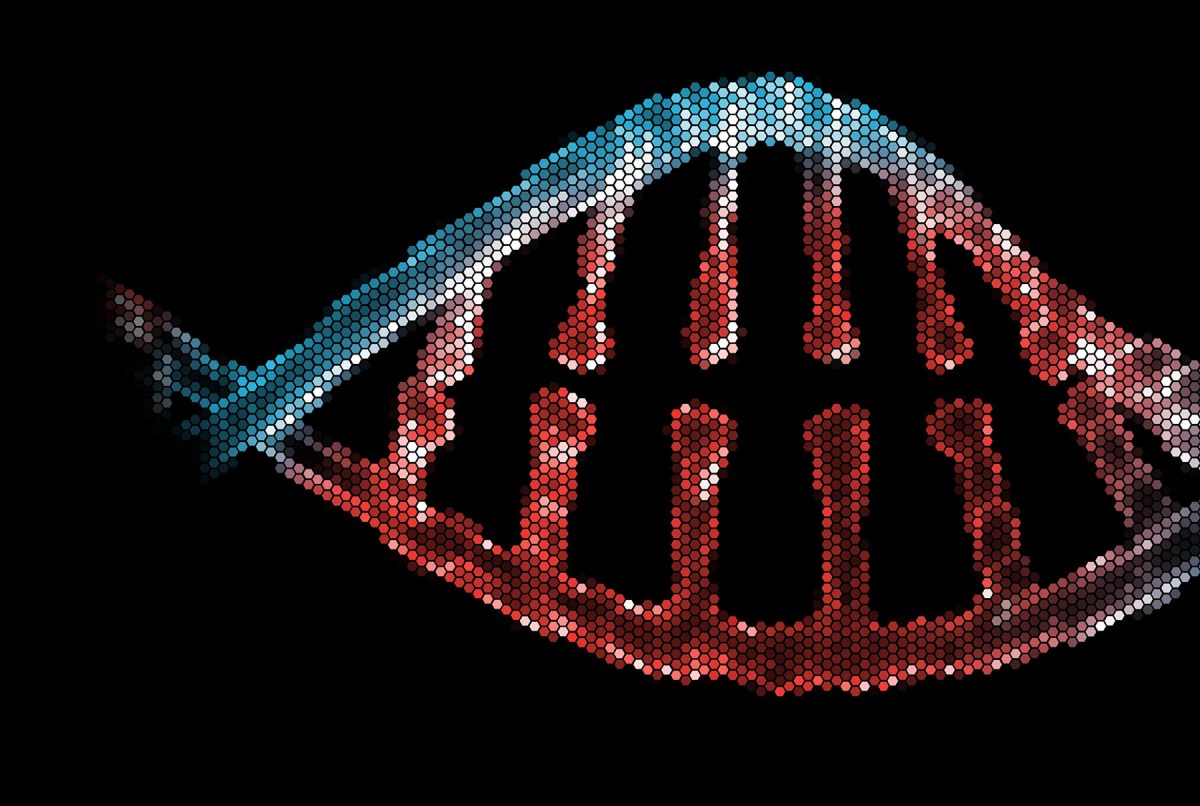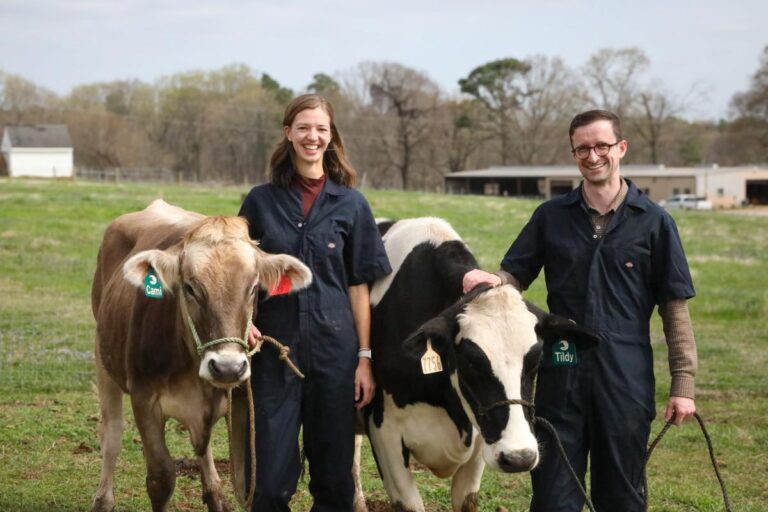FutureHouse Unveils Game-Changing AI Tools Promising to Revolutionize Scientific Research
FutureHouse, a nonprofit organization backed by Eric Schmidt, is on a mission to develop an “AI scientist” within the next decade. Recently, they unveiled their first significant product: a platform and API featuring AI-powered tools designed to enhance scientific research.
AI Tools Transforming Scientific Research
The race to create AI research tools for the scientific community is heating up, with numerous startups and tech giants investing heavily in this domain. For instance, earlier this year, Google introduced its “AI co-scientist,” which aims to assist researchers in formulating hypotheses and designing experimental plans.
AI’s Potential to Accelerate Scientific Discovery
CEOs of leading AI firms such as OpenAI and Anthropic believe that AI tools could significantly speed up scientific advancements, particularly in the field of medicine. However, many researchers remain skeptical, citing reliability issues as a major concern.
Introducing FutureHouse’s AI Tools
On May 1, 2025, FutureHouse launched four innovative AI tools: Crow, Falcon, Owl, and Phoenix. Each tool offers unique capabilities:
- Crow: Searches scientific literature and answers related queries.
- Falcon: Conducts in-depth literature searches across scientific databases.
- Owl: Identifies previous work within specific subject areas.
- Phoenix: Assists in planning chemistry experiments.
According to Sam Rodriques, one of the team members, “Our AI Scientist agents can perform a wide array of scientific tasks more efficiently than humans. By integrating them, we are already making rapid discoveries in biology.” View the tweet here for more details.
Unique Features of FutureHouse’s AI Tools
FutureHouse emphasizes that their AI systems have access to a comprehensive database of high-quality open-access papers and specialized scientific tools. The organization asserts that their tools utilize transparent reasoning and a multi-stage process to analyze each source more thoroughly. This methodology enables scientists to enhance the speed of scientific discovery dramatically.
Challenges in Developing an AI Scientist
Despite the promising capabilities of FutureHouse’s tools, the organization has yet to achieve a groundbreaking scientific discovery. One of the significant challenges in creating an “AI scientist” lies in addressing countless confounding factors. While AI can be advantageous for broad exploration and narrowing down options, its effectiveness in solving complex problems that lead to significant breakthroughs remains uncertain.
Current Limitations of AI in Science
So far, results from AI systems tailored for scientific applications have been largely disappointing. In 2023, Google reported that its AI, GNoME, had assisted in synthesizing around 40 new materials. However, an independent review revealed that none of these materials were genuinely new.
Moreover, AI’s technical limitations, including its propensity for hallucination, make many scientists hesitant to rely on it for critical research. Even carefully designed studies can suffer from inaccuracies introduced by unreliable AI systems.
FutureHouse has acknowledged that its AI tools, particularly Phoenix, may produce errors. In a blog post, the organization stated, “We are releasing [this] now in the spirit of rapid iteration. Please provide feedback as you use it.”
Conclusion
As FutureHouse continues to refine its AI tools, the scientific community eagerly anticipates the potential impact of these innovations on research and discovery. For more insights on AI in science, visit Science Magazine.







